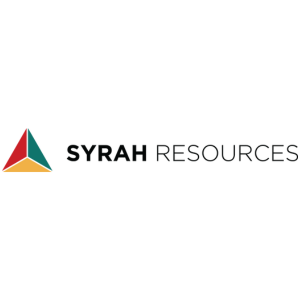In 2024, the Minerals Council marked 135 years of championing the mining industry. This milestone reflects not just our history, but our resilience, adaptability and commitment to shaping a thriving sector.
Minerals Council South Africa - CEO
Over the past year – my first full year as CEO – we have made tangible progress on our strategic goals, tackling challenges head-on while driving meaningful impact for our members and the industry.
The year under review can be characterised as one of purposeful action, resilience and meaningful collaboration and partnerships. In 2024, we focused on our four strategic priorities:
- Addressing critical infrastructure challenges through decisive action.
- Strengthening advocacy for a globally competitive mining industry.
- Enhancing the Minerals Council’s operational effectiveness.
- Driving transformation and sustainable growth.
Despite persistent challenges, we achieved significant milestones in each of these areas, laying the foundation for further progress in the year ahead.
Guided by our clear mission, we continued to position the South African mining sector to transition effectively from potential to performance, driving economic growth, investment and transformation in a socially and environmentally responsible manner.
The strength and sustainability of the South African mining industry lies in its diversity. While gold production continues to decline, the growth in bulk commodities is adding to the performance of the industry and contribution of the country’s GDP. Future growth from investment in exploration is also required, particularly in minerals that will enable a just energy transition and support the social and economic development of the country. Our advocacy for an enabling mining legislation and investment environment is widely acknowledged. We anticipate that our engagements with government will yield market friendly legislation that will drive increased investment in the sector.
Responding decisively to infrastructure and security crises
We recognise our contribution both in influencing policy and creating positive outcomes to address pressing macro-issues affecting all parts of the mining sector. This is demonstrated daily through our efforts to elevate our advocacy, action and impact, as well as proactively facilitating collaboration between business and government.
The Minerals Council is well represented in the leadership structures of three of the country’s crisis committees. Regarding the National Logistics Crisis Committee (NLCC), the Minerals Council and its members, in partnership with Business Leadership South Africa (BLSA), provided financial support to the Project Management Office, enabling continued collaboration with Transnet to address performance challenges at Transnet Freight Rail (TFR).
Bulk commodities such as iron ore, chrome, manganese and coal were most affected by inefficiencies at Transnet. The mining industry’s financial support ensured continued momentum for critical reforms at Transnet, culminating in the widely accepted Network Statement, acknowledged as a crucial step towards private sector participation in rail infrastructure. This milestone marks a turning point in unlocking logistics constraints, which have long hindered bulk commodity exports.
The reforms introduced are beginning to bear fruit, with notable improvements in certain corridors. The stabilising performance of TFR that we are witnessing is attributable to both this support and direct support from our members to TFR. However, challenges remain within the various corridors that must be overcome to achieve the national railed freight target of 250 Mtpa by 2030.
Energy security remains a key enabler for mining. Through active collaboration with the Energy Council, we supported critical reforms that reduced loadshedding and accelerated renewable energy adoption. The mining sector is leading South Africa’s energy transition, with over 16,000 MW of embedded renewable energy projects in development. These investments enhance energy reliability, lower operational costs and drive sustainability, aligning with both national and global decarbonisation goals.
The Joint Initiative to Fight Crime and Corruption (JICC) made commendable progress in structuring effective responses, notably addressing illegal mining. However, the scourge of illegal mining activities remains a concern. We are pleased that the South African Police Services and the DMPR are responding. The rescue mission for illegal miners who were trapped at the Stilfontein site was successfully completed in 2025, removing a total of 324 people, which regrettably included 78 deceased, with the assistance of the Mine Rescue Services. Collaborative solutions between government and the industry to reduce and prevent illegal mining and a repeat of such incidents are urgently required. We welcome increased law enforcement action to address this crisis.
Advocating growth and competitiveness
A key theme for 2024 has been sharpening our advocacy efforts. With South Africa’s political landscape evolving under the Government of National Unity (GNU), our approach to engagement has become more strategic. The Minerals Council has actively pushed for market-friendly policy reforms that attract investment, ensuring that mining continues to deliver economic and social value.
Policy engagement remains a core focus. In 2024, we engaged with government to advance mining-friendly legislation, with notable progress in streamlining regulatory processes. However, delays in implementing the cadastral system continue to hinder investment.
Investors require transparency and certainty in mineral rights applications. We remain committed to working with the DMPR to expedite this crucial reform. In parallel, we have worked closely with the DMPR to refine South Africa’s National Critical Minerals Strategy. This effort aligns the country with global trends in securing supply chains for minerals essential to the green energy transition, including platinum group metals, lithium and rare earth elements.
Senior Minerals Council representatives held numerous meetings with their counterparts at the DMPR to give inputs on proposed amendments to the Mineral and Petroleum Resources Development Act (MPRDA). These high-level discussions provided us with some insights into the DMPR’s rationale and thinking behind the proposed amendments. However, despite our numerous requests, we were not provided access to the actual wording of the amendment Bill provisions, essential for detailed commentary. Consequently, our feedback has been general in nature. We clearly highlighted areas of concern and motivated the problematic aspects be changed. We continuously advocated the development of regulations that will encourage, support and streamline investments in prospecting and mine developments in all meetings with the DMPR and on a wide variety of public platforms, including local and international conferences, media interviews, thought leadership articles and media statements.
Enhancing industry performance and social impact
In 2023, mining’s GDP contribution declined from 7.3% to 6.3%, and further to 6.1% in 2024, largely due to logistical inefficiencies in iron ore and coal exports – resulting in an estimated R38 billion export revenue loss. However, key reforms in rail and energy are beginning to take effect. By stabilising these enablers, we can unlock mining’s full economic potential, ensuring long-term industry resilience and growth.
Beyond economic performance, the mining industry remains deeply invested in social and environmental responsibility. Our commitment to safety remains paramount and, while record improvements were made in terms of 24% fewer fatalities, tragic incidents in 2024 serve as a stark reminder of the work still to be done.
While significant milestones were achieved, we remain vigilant in improving standards. We continue to push for Zero Harm as a fundamental industry goal.
Equally, our members remain deeply committed to community development. SLPs play a crucial role in providing infrastructure, education and healthcare support in mining communities. However, these initiatives often face challenges due to weak municipal governance structures. We advocate a more structured and coordinated approach that separates labour plans from broader regional social investment strategies to ensure more sustainable and large-scale impact. Our ongoing commitment to improving safety standards and addressing humanitarian issues such as illegal mining remain unwavering.
An inclusive mining industry is a sustainable one. In 2024, we intensified efforts to increase gender diversity and promote equitable opportunities across the workforce. Investments in leadership development for women, safer working environments and broader transformation initiatives are making an impact – but more remains to be done to build a mining industry that truly reflects South Africa’s diversity.
Enhancing member services
In 2024, we advanced significantly in data-driven advocacy, strengthening our capacity to represent our members effectively. Innovations in our operational support enhanced our responsiveness, reinforcing the Minerals Council’s relevance to our membership.
Our commitment to data-driven advocacy took a major step forward in 2024. By integrating real-time industry data, we enhanced our ability to develop targeted policy positions that reflect mining’s economic and social impact. A key milestone was the launch of our “data-R-us” initiative, embedding a culture of evidence-based decision making across the organisation.
Several executives serving in the Minerals Council will be retiring in the next three to five years. In anticipation, we have successfully implemented a succession planning process that will ensure the continuity of human capital development, skills transfer and performance of the Minerals Council, and service to members, the industry and the country.
On behalf of the senior leadership team, we offer our sincere thanks to our stakeholders, members and colleagues for their steadfast support and collaborative efforts. Special gratitude is due to Peter Steenkamp, former CEO of Harmony Gold, Minerals Council Board member and Vice President (Office Bearer), who retired at the end of 2024, for his invaluable contributions.
We also thank Nolitha Fakude, who served as the President of the Minerals Council for three terms, providing outstanding leadership through exceptionally challenging times. We pay tribute to Faye Khota, who retired at the end of 2024, for her dedicated service to the Minerals Council.
We further acknowledge the diligence and hard work put in by all parties to build the productive partnerships we have cultivated with Eskom and Transnet. Our ability to prioritise our industry’s and country’s prosperity has led to effective collaboration to co-create innovative solutions supported by political and social goodwill.
Looking ahead
Within the context of our strategic priorities, there are five outcomes that we aim to achieve in the year ahead.
- To strengthen our climate response and advance a just energy transition by driving responsible mining practices and reducing carbon emissions. This includes establishing an aggregate view of our members’ climate response strategies in terms of mitigation and adaptation as well as efforts on a just transition.
- Our advocacy will be enhanced through a data-driven approach and building our culture of “data-Rus” in our approach to policy engagement, ensuring that our positions are backed by clear evidence of mining’s impact on the economy and society.
- We will accelerate investment promotion by leveraging policy reforms and global events such as the G20 and B20 to showcase South Africa as a destination for responsible mining investment.
- We plan to further contribute towards improving infrastructure efficiency in logistics and energy to remove barriers that hinder the sector’s growth.
- There will be increased support for transformation initiatives to create a more inclusive and representative industry, ensuring that mining continues to provide opportunities for all South Africans.
Mining must go beyond extraction – it must drive inclusive growth. South Africa can move up the value chain, transitioning from a supplier of raw minerals to a global leader in beneficiation and advanced production.
Realising this potential requires bold investment in local processing capabilities, coupled with policy reforms that create a stable and attractive investment environment. This shift requires strategic investment in local processing capabilities and a coordinated policy framework to attract investors.
RELATED: Unpacking the Minerals Council South Africa 2024 Report
South Africa’s diversified minerals endowment offers uncontested exploration and mining growth potential for minerals critical to, firstly, the infrastructure and economic development of the country, and, secondly, enabling the just energy transition to a low carbon future. Our mining industry has significant growth potential that can change our fate and fortunes and transition the country into prosperity for decades.
The future of South African mining requires bold action. By championing reforms, advocating investment and embracing innovation, we can unlock a new era of growth. Mining is more than an industry – it is a catalyst for economic transformation, job creation and a sustainable future for all South Africans.



.jpg?ext=.jpg)
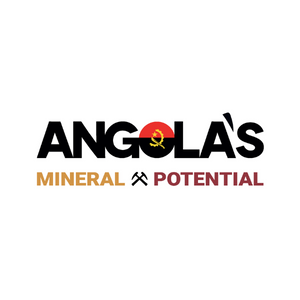
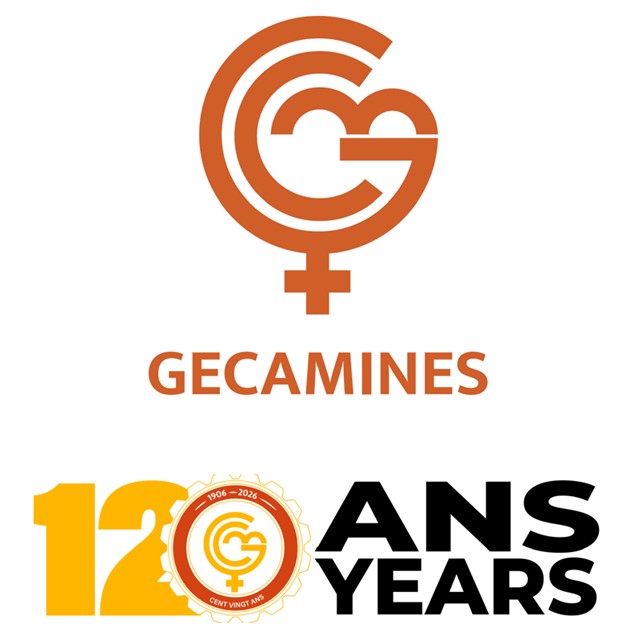
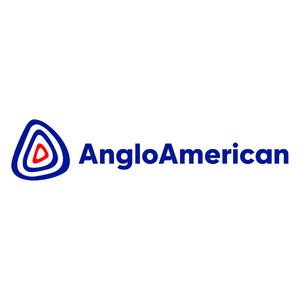

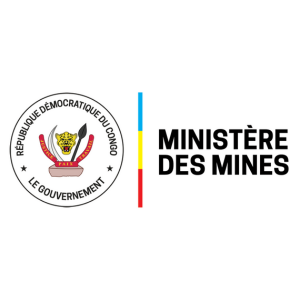
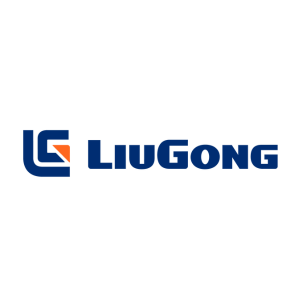


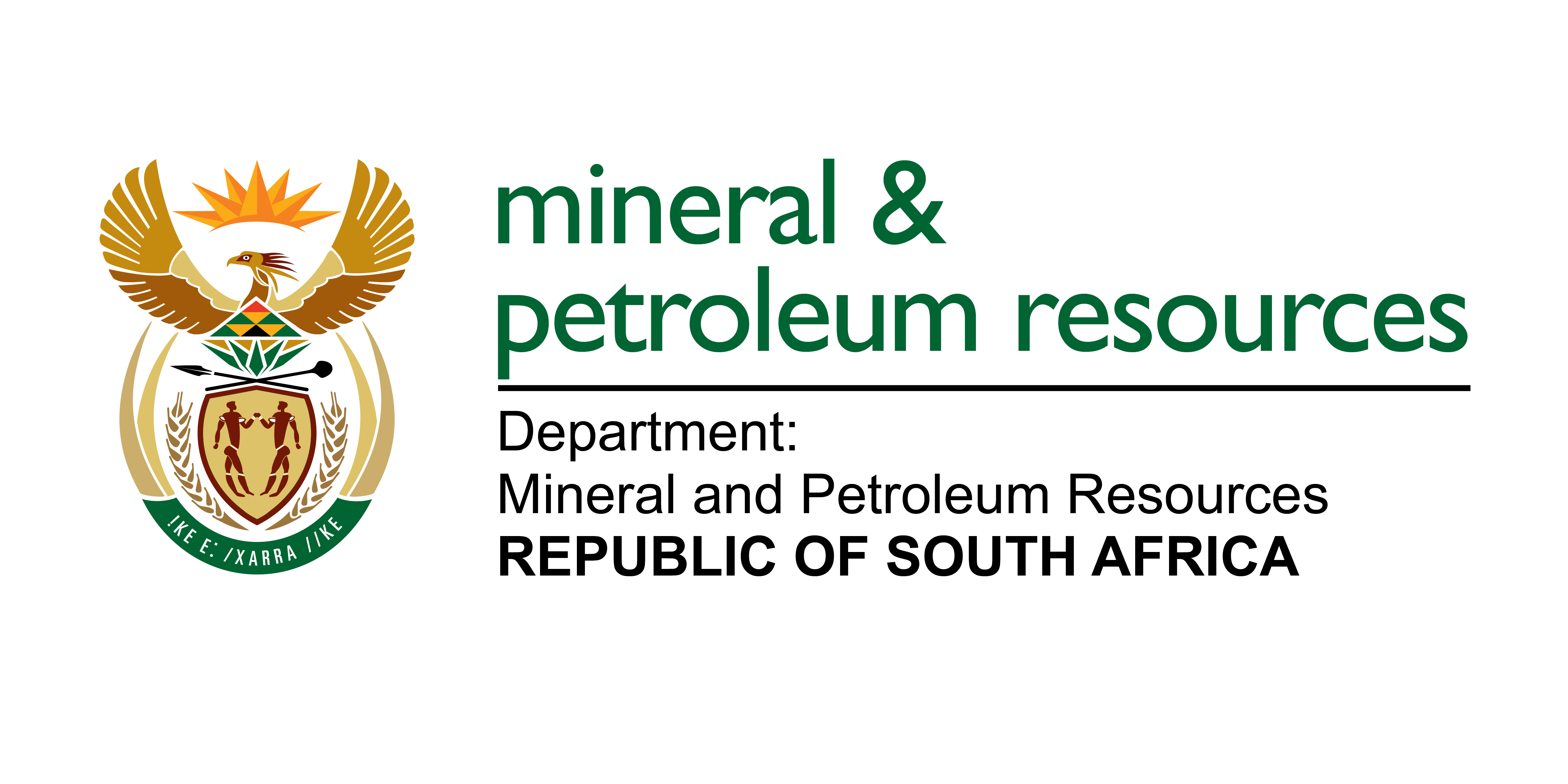-Logo_CMYK_1.jpg?width=1000&height=500&ext=.jpg)
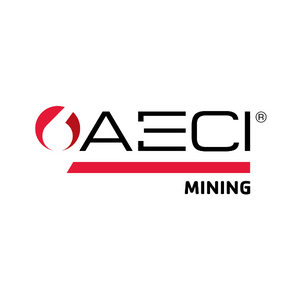



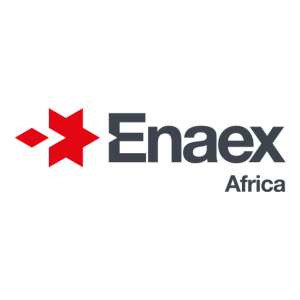


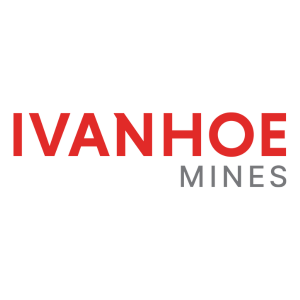
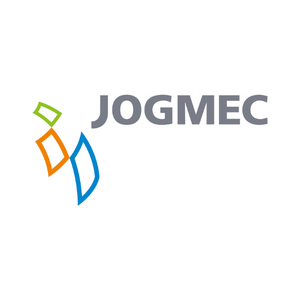

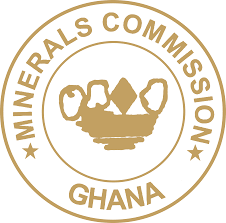
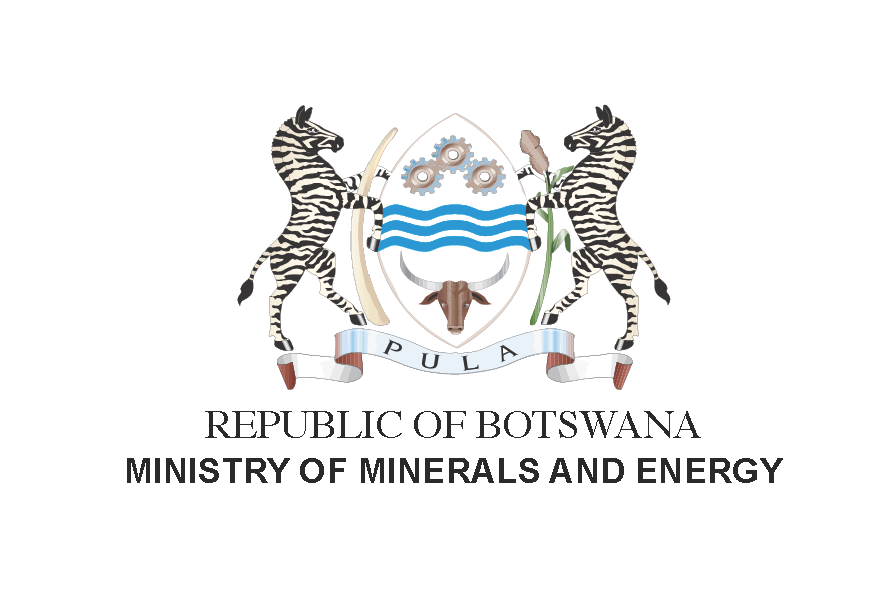.png?width=300&height=208&ext=.png)
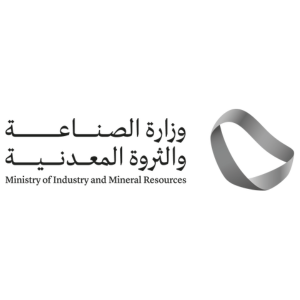
_mi25-weblogo.png?ext=.png)
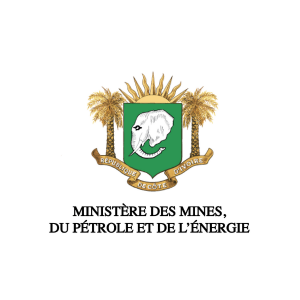
_1.png?ext=.png)
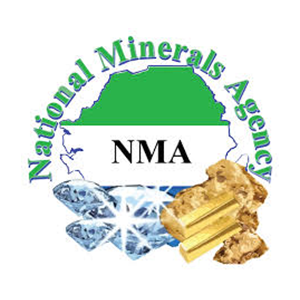

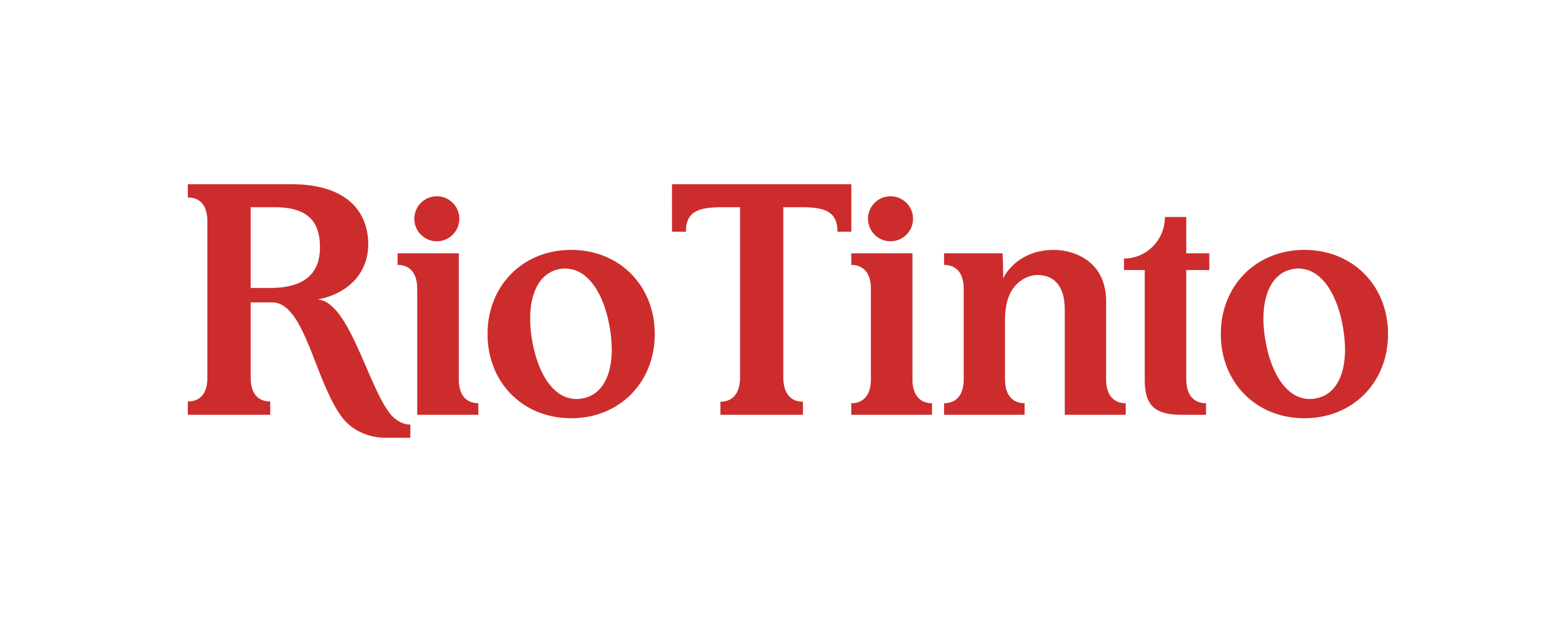



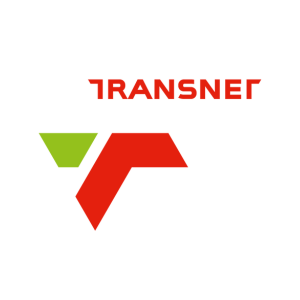
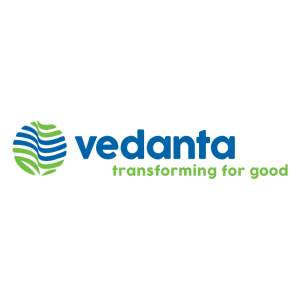




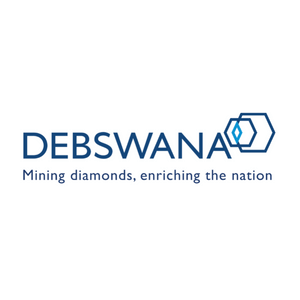



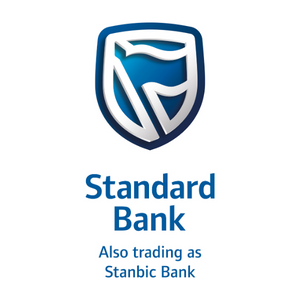


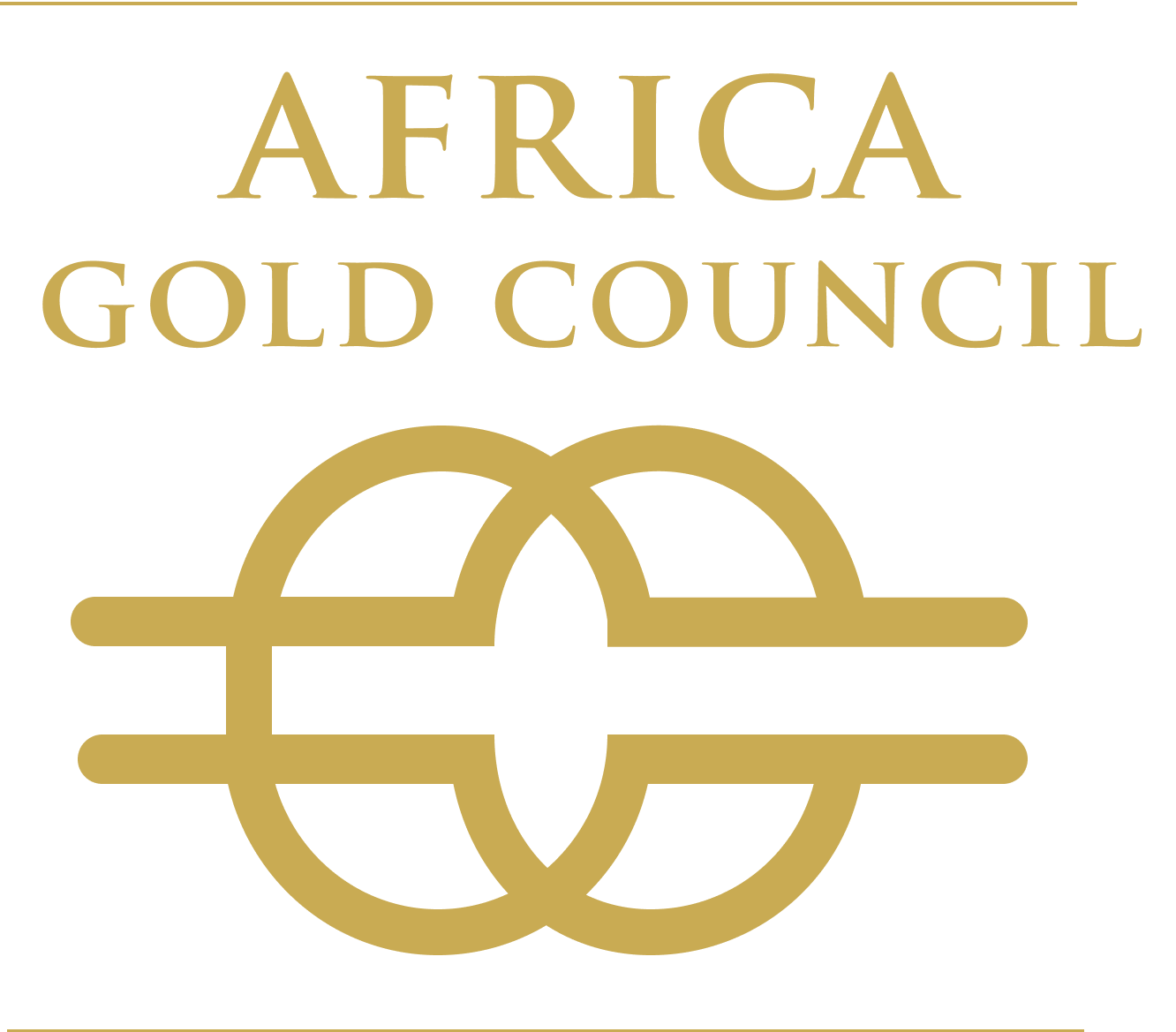

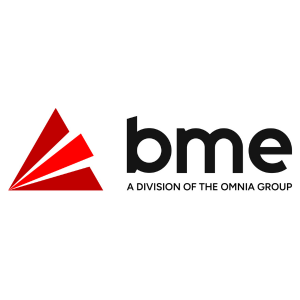








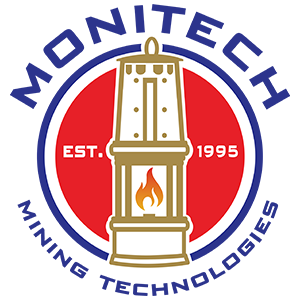

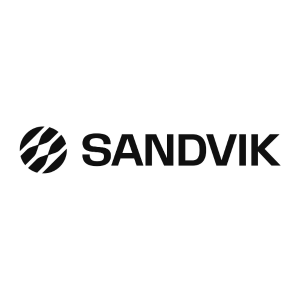

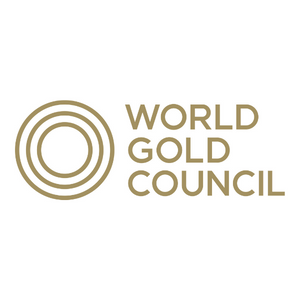
_logo.png?ext=.png)


_mi25-weblogo.png?ext=.png)


